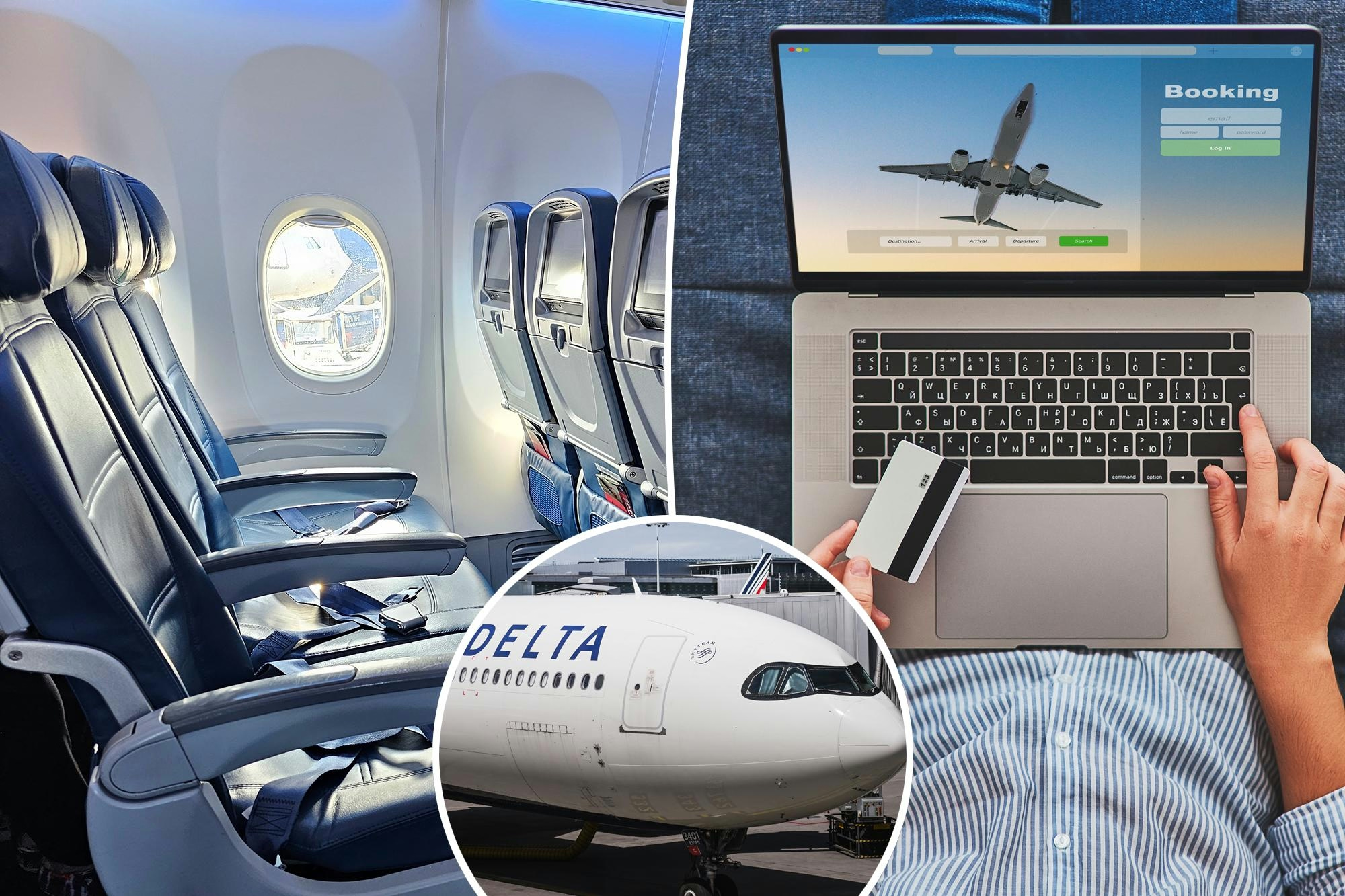AeroGenie — Uw intelligente copiloot.
Trending
Categories
How Airlines Use AI to Set Ticket Prices and What Travelers Should Know

How Airlines Use AI to Set Ticket Prices and What Travelers Should Know
The Rise of AI in Airline Pricing
Airlines are increasingly leveraging artificial intelligence to determine ticket prices, a development that has significant implications for travelers. Actions as routine as accepting website terms, enabling browser cookies, or logging into loyalty accounts can now influence the cost of a flight. This shift toward AI-driven pricing raises important questions about privacy, fairness, and the potential for rising travel expenses.
Delta Air Lines recently disclosed that approximately three percent of its domestic ticket prices are set using AI technology developed by the Israeli startup Fetcherr. This system evaluates a range of factors, including customer lifetime value, previous purchasing behavior, and the real-time context of each booking inquiry, to create personalized offers. Glen Hauenstein, Delta’s president, highlighted the positive impact on revenue and indicated the airline’s goal to increase AI-based pricing to cover 20 percent of tickets by the end of 2025.
Industry Response and Regulatory Concerns
The adoption of AI pricing models has drawn scrutiny from U.S. lawmakers concerned that such practices could lead to higher fares and unfair disadvantages for certain consumers. Public reaction has been mixed, with some travelers uneasy about individualized pricing mechanisms that may reduce transparency and affordability in air travel.
Other airlines are following suit, investing in AI expertise and developing machine learning solutions to implement dynamic, data-driven pricing strategies. This trend signals a broader transformation within the industry, but it also invites heightened regulatory attention. Authorities are increasingly examining how AI technologies affect consumer rights and market competition, seeking to balance innovation with fairness.
Privacy and Legal Frameworks in Canada
In Canada, airlines such as Porter acknowledge the use of dynamic pricing and the integration of AI in some operational areas, though they currently do not employ AI for personalized ticket pricing. Canadian consumers benefit from stronger privacy protections under the Personal Information Protection and Electronic Documents Act (PIPEDA), which mandates that businesses obtain “meaningful consent” before collecting, using, or sharing personal data.
Nevertheless, experts warn that PIPEDA is outdated and does not fully address the complexities introduced by AI-driven pricing. Terry Cutler, a Canadian information security strategist, points out that while some protections exist, significant ambiguities remain, especially when data is used in unexpected ways—such as adjusting prices based on browsing habits or device types.
Kris Klein, founder of the privacy law firm nNovation LLP, explains that implied consent may suffice for basic personalization like targeted advertising following a web search. However, express consent is necessary when profiling involves sensitive information or exceeds reasonable expectations, such as targeting individuals based on medical-related searches.
Implications for Travelers
As airlines accelerate the implementation of AI-powered pricing, travelers should remain vigilant about how their personal data is utilized. With regulatory frameworks struggling to keep pace with rapid technological advancements, consumers find themselves navigating a marketplace that is evolving quickly and often lacks transparency. Understanding these dynamics is essential for protecting privacy and making informed decisions in the era of AI-driven air travel pricing.

Emirates Unveils Cabin Design for New Boeing 777X

Eighteen Years On, the Airbus A380 Remains Central to a $34 Billion Airline

How a boom in luxury airline seats is slowing down jet deliveries

Navitaire Outage Attributed to Planned Maintenance

DigiYatra Debuts Outside Aviation at India AI Impact Summit

Vietnam Orders Strengthen Boeing’s Commercial Outlook

Airbus Signals Uncertainty Over Future A400M Orders

JobsOhio Awards $2 Million Grant to Hartzell Propeller for Innovation Center

Collins Aerospace Tests Sidekick Autonomy Software on YFQ-42A for U.S. Air Force CCA Program

How the Airbus A350-1000 Compares to the Boeing 777
